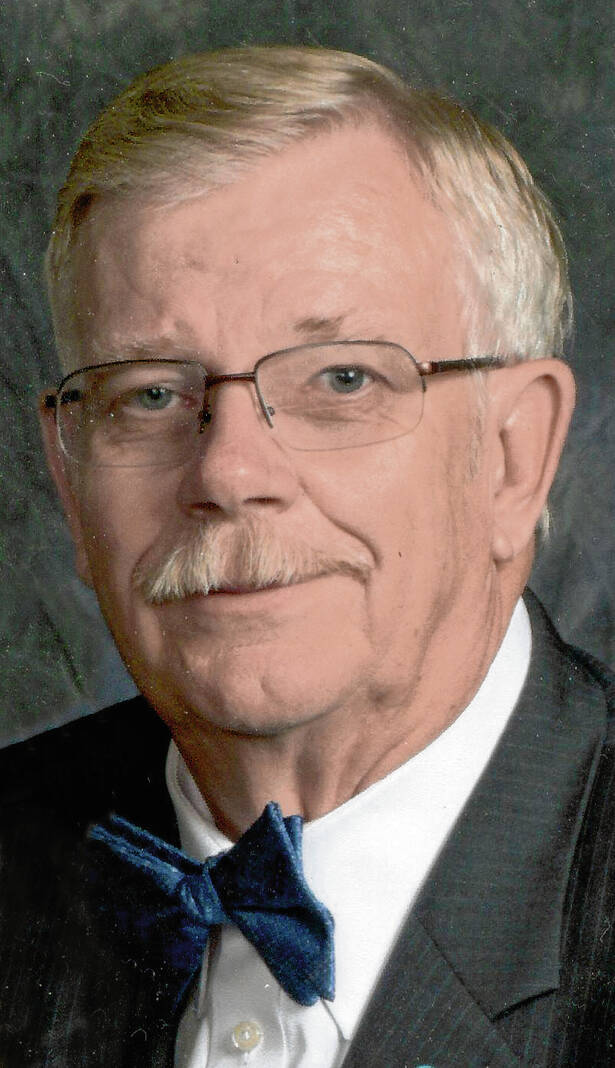When I was taking driver’s training in high school, the teacher in my car always played the local rock ‘n’ roll station on the car’s radio.
One song that was popular then was “Silence is Golden” by The Tremeloes. I used to have nightmares about the song, perhaps due to the fact it was playing when the teacher had to hit his special brake to prevent me from gunning it through a red light.
In my defense, I don’t do that anymore although most everyone else in my hometown of Fort Wayne sees getting at least two cars through a red light as our municipal sport. Don’t get me started on that as I have more than a handful of friends whose cars have been totaled when hit broadside by one of our local automotive athletes.
Anyway, The Tremeloes recently erupted from the mental junkyard that is my memory. I’m not certain what caused this other than the presence of noise everywhere I go. I am staying at a hotel as I write this and there is music in the lobby and the ubiquitous TV is on in the background, tuned to some fetid swamp of a news channel.
Noise, noise, noise.
What is it with Americans today that there must be competing background noises, the higher the volume, the better? Leaving the quality of the speech and music uncommented for now, the volume alone offends.
Have we lost the ability to sit quietly with our own thoughts? Why are our minds always in such a hurry to get somewhere else?
We have become uncomfortable coexisting with silence.
Silence has a sound all its own. The sound comes from within rather than from without, from where it can only impose distraction.
Listening to silence can be hard work. One must be open to hearing what is unspoken, to listening to the suggestions of the mind.
Silence can be quite useful. Even a few minutes of silence can help sort out the jumble of competing thoughts getting in the way of understanding. The What of an issue can give way to the Why and provide true insight into the path forward. And that is just for the simple stuff.
A friend of mine who is a Lutheran pastor put me on to a Roman Catholic mystic, Thomas Merton, who has written much about the value of silence. He was a Trappist monk who benefited from a lifetime of meditative discipline well beyond my capabilities.
One insight I gained from Fr. Merton was to learn how to listen to silence. Whose voice do you hear? If it is the 24-by-7 news channels, start over.
Merton’s goal was to hear the voice of God through silence, although not from any burning bush or mountain peak or vision of angels. Maybe he was thinking of the whisper heard by Elijah in the cave. I don’t presume to aspire to that sensitivity though perhaps I should. Instead, I hope to achieve what he called “living in a silence which so reconciles the contradictions within us that, although they remain within us, they cease to be a problem.”
Please understand that I am not embarking on a journey into some esoteric discipline of meditation. I have found meditation to be almost impossible for me to practice. I prefer to think of what I undertake as contemplation, perhaps a distinction without a difference but that is all I have.
I realize some people are genuinely frightened of being left alone with their thoughts. It may be the terror of an unsettled conscience or merely the fear of going into the metaphysical unknown. There must be important thought boundaries already set based on one’s moral code or religious faith. I think I know where mine are so I don’t fear challenging them while my mind enjoys these brief moments of constrained freedom.
I tend to do my deep thinking in the early morning hours as I walk through our housing addition. Sometimes it is in my backyard on the swing or anytime I get stuck somewhere with only contemplative patience to restrain my natural impatience.
Here is a practical application of silence over noise. How much time do you spend talking heatedly about the 2024 election as if it represents the crack of doom rather than thinking quietly about what America will be like in 2050 … and your role in that future?
The muse for this column came to me while traveling with close friends during an extended vacation. When I asked one what she thought about silence, she replied that she didn’t want to talk about it. That may have been a flippant reply or an ingenious insight. Talking is not silence so I think she is on to something, the irony of her reply notwithstanding.
Mark Franke, M.B.A., an adjunct scholar of the Indiana Policy Review and its book reviewer, is formerly an associate vice-chancellor at Indiana University-Purdue University Fort Wayne. Send comments to [email protected].





